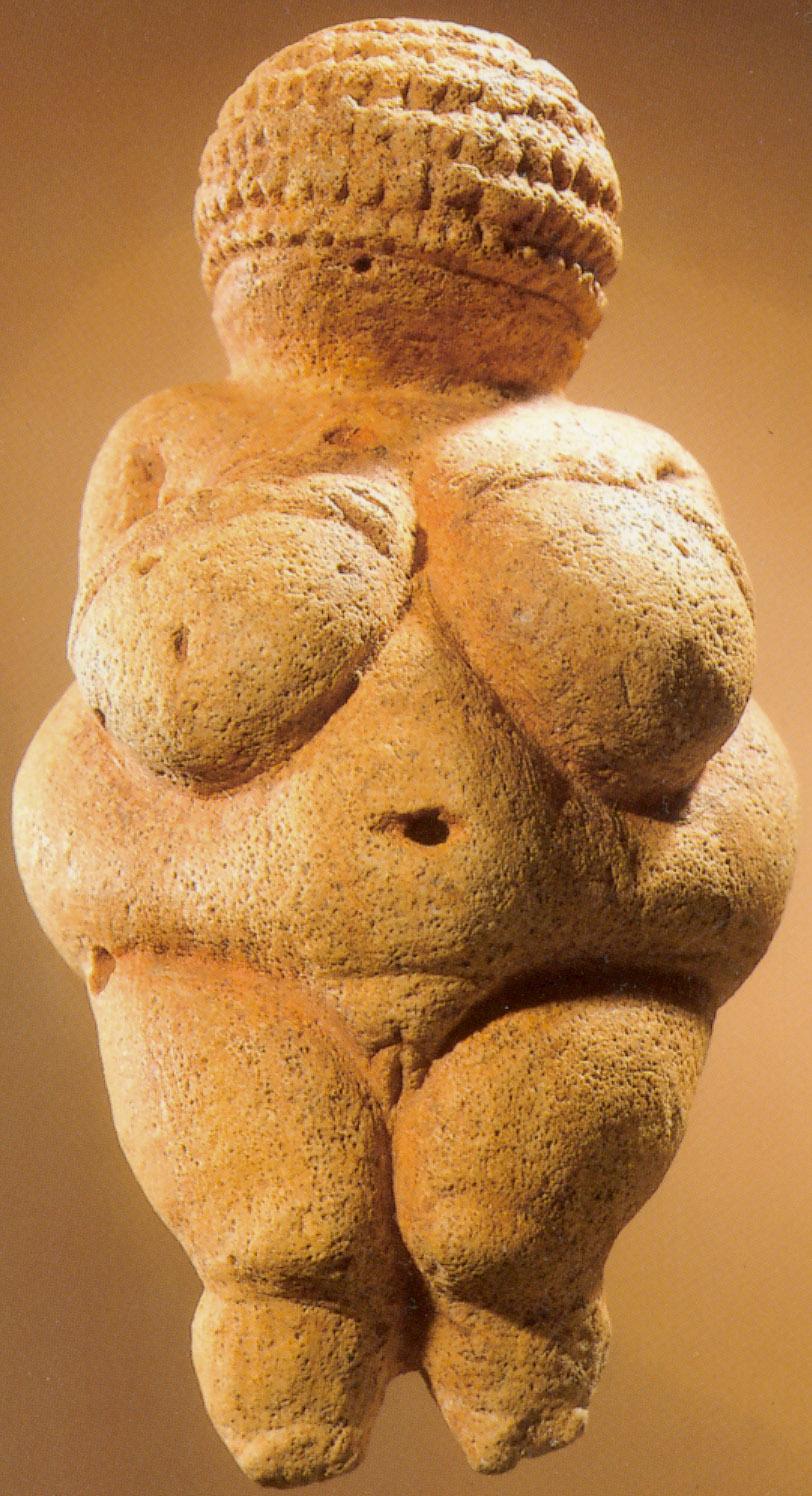
1998 – [President of Bolivia, Hugo] Banzer tells the United Nations that
he is committed to freeing Bolivia from drugs before the end of his term in
2002.
2000 - Banzer announces the almost total eradication of the coca plant in the Chapare jungle region.
2001 December - Farmers reject a government offer of $900 each a year in exchange for the eradication of the coca crop used to produce cocaine.
2003 February - More than 30 killed in violent protests against proposed income tax. President Sanchez de Lozada withdraws the proposal.
2003 September-October - 80 killed, hundreds injured in protests fuelled by government plans to export natural gas via Chile. President Sanchez de Lozada resigns under pressure of protests and is succeeded by Carlos Mesa.
2004 April - President Mesa signs natural gas export deal with Argentina. Opponents say deal pre-empts referendum on gas exports planned for July. Protesters take to streets, demand president's resignation.
2004 July - Referendum on gas exports: Voters back greater state involvement in the industry and approve exports of the resource.
2004 August - Landmark deal signed to allow Bolivia to export gas via a Peruvian port.
2005 January - Rising fuel prices trigger large-scale anti-government protests and blockades in Santa Cruz, the country's largest and wealthiest city, and in El Alto, near La Paz. Civic and business leaders in Santa Cruz push for autonomy for the province.
2005 March - President Mesa submits his resignation, blaming protests which he says have made it impossible to govern. Congress rejects the offer, as well as a later request by the president for early elections, and Mr Mesa remains in office.
2005 May - Protests over energy resources bring La Paz, and government business, to a near standstill. President Mesa promises a rewritten constitution and a referendum on autonomy demands from resource-rich provinces.
2005 June - As angry street protests continue, President Mesa resigns. Supreme Court head Eduardo Rodriguez is sworn in as caretaker president.
2005 December - Socialist leader Evo Morales is confirmed the winner of presidential elections. He is set to become the first indigenous Bolivian to take office.
From - http://news.bbc.co.uk/2/hi/americas/country_profiles/1218814.stm
Bolivia: Peasants and indigenous peoples march in favour of the right to natural resources
Starting at different points of Bolivia, peasants and indigenous peoples have been carrying out marches in favour of the right to lands and natural resources, arriving in the city of La Paz in the next few days.
In spite of recent efforts to clarify the situation regarding land and forest ownership, there is still an overlap between protected areas, indigenous territories, logging concessions, farms, mining concessions and areas used by the informal sector in the production of wood and gathering of nuts and heart of palm. The deforestation rate in Bolivia is 168.000 hectares a year.
The local peoples, seeing that their rights regarding community property were not recognised, while the estate owners occupied more and more lands, threatening their subsistence, went from local resistance to co-ordination with other regions in the country, attempting to achieve benefits on a national level. Thus, for the past few years, women and men, people from high lands and low lands have been uniting their forces and demonstrating their discontent, trying to be taken into account when political decisions are being made on subjects which will directly affect them and which will benefit the large scale ranchers, logging and oil companies that are appropriating their lands.
From - http://www.wrm.org.uy/bulletin/58/Bolivia.html
Evo Morales, of the Movement to Socialism (MAS), was one of the leaders of this battle. Morales has also led the peasants' struggle against the US-sponsored forced eradication of coca and is a prominent leader of the indigenous Quechua people. Morales won a surprise second place in the June 30 [2000] presidential election.
Long before coca was used to make cocaine, the indigenous people of the Andean region, the Aymara and Quechua, chewed coca leaves as a dietary supplement. The consumption of coca leaves and tea is part of daily life for Bolivia's peasants, miners and workers. The US-led “Plan Dignidad” (dignity plan), which seeks to reduce coca production to zero, is seen by them as an attack on the peasant's livelihoods and the indigenous people's way of life.
This US-financed plan involves US military advisers on the ground ordering Bolivian soldiers to attack, kill and displace peasants with US-made weapons. This has led to resistance among the peasants, with several self-defence groups being formed. In 2001, for the first time since coca eradication began, more police and soldiers were killed than peasants.
Morales has publicly declared that he not only supports the peasants' right to self-defence but is participating in the organisation of these popular self-defence groups with the aim of forming a people's army.
Since early 2001, Morales and the MAS have campaigned across Bolivia for the June 30 presidential election. The MAS platform included: the nationalisation of strategic industries; price reductions and a price freeze on household goods; the provision of basic services for all; defence of free public health and education; increased taxes for the rich; an end to corruption; the redistribution of land to those that work it; a new political apparatus; an end to neo-liberal economic policies; and opposition to a “flexible” work force.
In early August, Bolivia's congress will choose either Morales or front-runner Gonzalo Sanchez de Lozada of the Nationalist Revolutionary Movement to be the country's new president.
Morales has declared that if the demands of the MAS supporters are not seriously addressed by the next president and parliament, then they will be won on the streets. However, the MAS wants to exhaust all peaceful methods before resorting to mass action.
From - June 2002, Green Left Newsletter - http://www.greenleft.org.au/back/2002/501/501p16b.htm